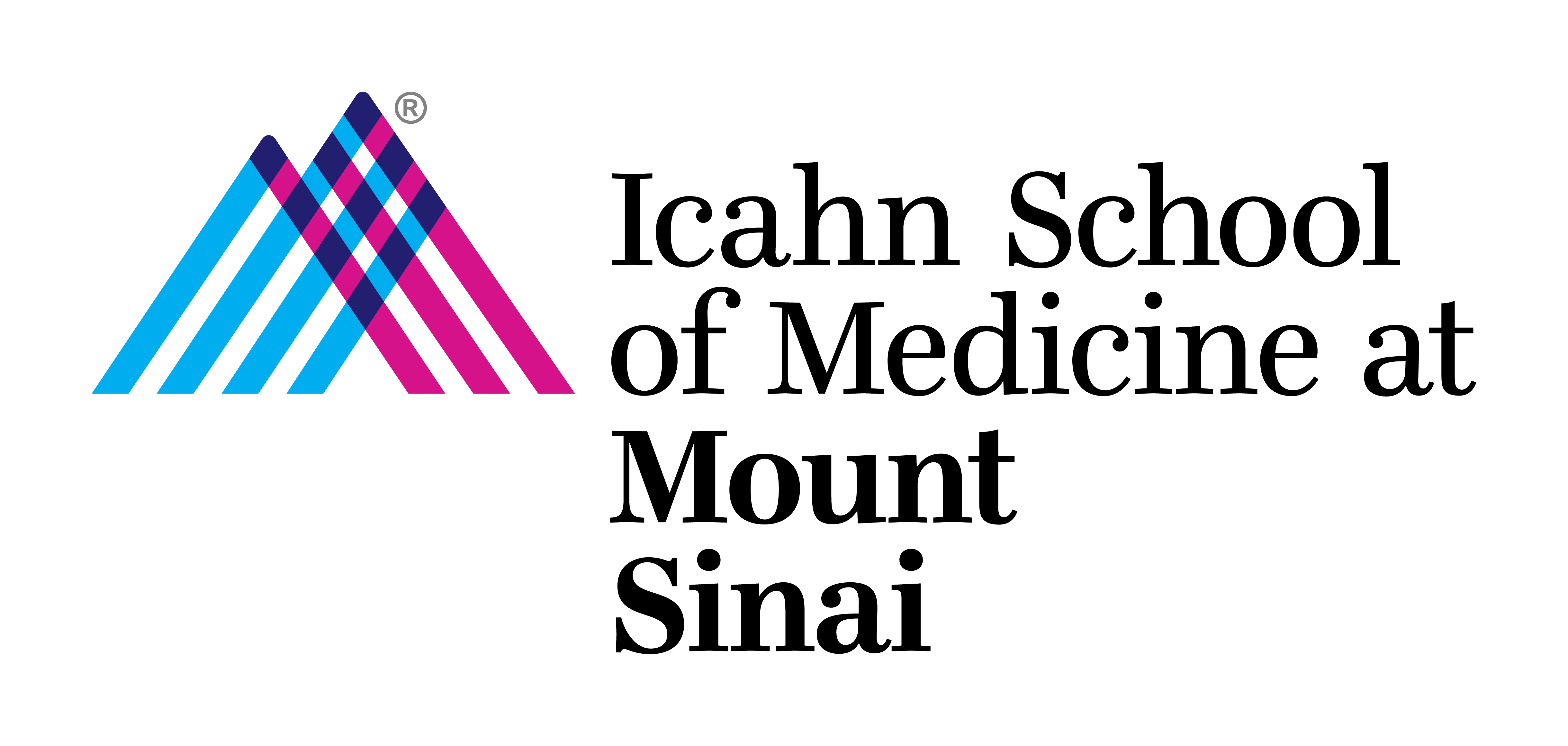Active Funding
Effectiveness of Diagnostic vs. Symptom-Only Suicide Crisis Syndrome Assessment (SCS-A) for Post-Discharge Suicide Prevention (AFSP 2023-2026)
Role: PI
The aim of this study is to implement and test the effectiveness of the SCS-A for reducing postdischarge suicidal behavior in a large urban hospital system. We will compare two implementation approaches: the Diagnosis (D) arm will use a categorical diagnosis of SCS to guide clinical decision making, whereas the Symptoms (S) arm will imbed SCS symptoms in the standard of care Mental Status Examination/Suicide Risk Assessment (MSE/SRA) without the SCS diagnosis.
Psychopharmacological Treatment of Suicide Crisis Syndrome (SCS): a Randomized Controlled Trial (2022-24)
Role: PI
This is a randomized controlled trial to assess the effectiveness of the treatment for acute emotional distress, in which participants are assigned to one of four different treatment arms that include combinations of 3 different medications (a benzodiazepine, an antipsychotic, and an opiate) as well as a control “Treatment As Usual” arm. Remission rates are assessed by the SCS-C during the hospital stay and suicidal outcome measures at 1 month follow up.
Time Course of the Suicide Crisis Syndrome Prior to Suicidal Behavior (Eric Masinter Memorial Fund and Tetricus, Inc.) (2022-2024)
Role: PI
The primary aim of this study is to determine the time course of acute and subacute emotional distress as well as their component symptoms over the four weeks preceding suicidal behaviors as well as assess their relationship with suicidal behavior lethality. The secondary aims are to establish clinical significance of the onset of acute and subacute emotional distress to prevent suicide in the future, as well as to explore the utility of computational assessments for identifying patterns of emotional distress among suicidal inpatients.
Previous Funding
AFSP (2020-2022)
Role: Mentor
The goal of this project is to create and test the feasibility and efficacy of the first multi-modal virtual human patient interaction (VHI) Emotional Self-Awareness (ESA) training program for clinicians working with patients at risk for suicide.
R 34 - NIMH (2019-2021)
Role: Co-investigator
The goal of this project is to evaluate the impact of clinicians’ training in emotional self-awareness (ESA) on their patients’ suicidal outcomes, as assessed by the severity of patient suicidal ideation and of the suicide crisis syndrome.
Modular Assessment of Risk for Imminent Suicide (MARIS) – a Novel Tool for Suicide Prediction (AFSP 2015-2018)
Role: PI
The goal of this study is to assess the predictive validity of MARIS for short-term suicidal behavior in psychiatric outpatients and to establish the diagnostic value of clinicians’ emotional responses to suicidal individuals.
Zirinsky Foundation, Richard and Cynthia Zirinsky Center for Bipolar Disorder (2015-2018)
Role: PI
The goal of this project is to establish the feasibility of a family-inclusive approach for treatment of bipolar disorder.
